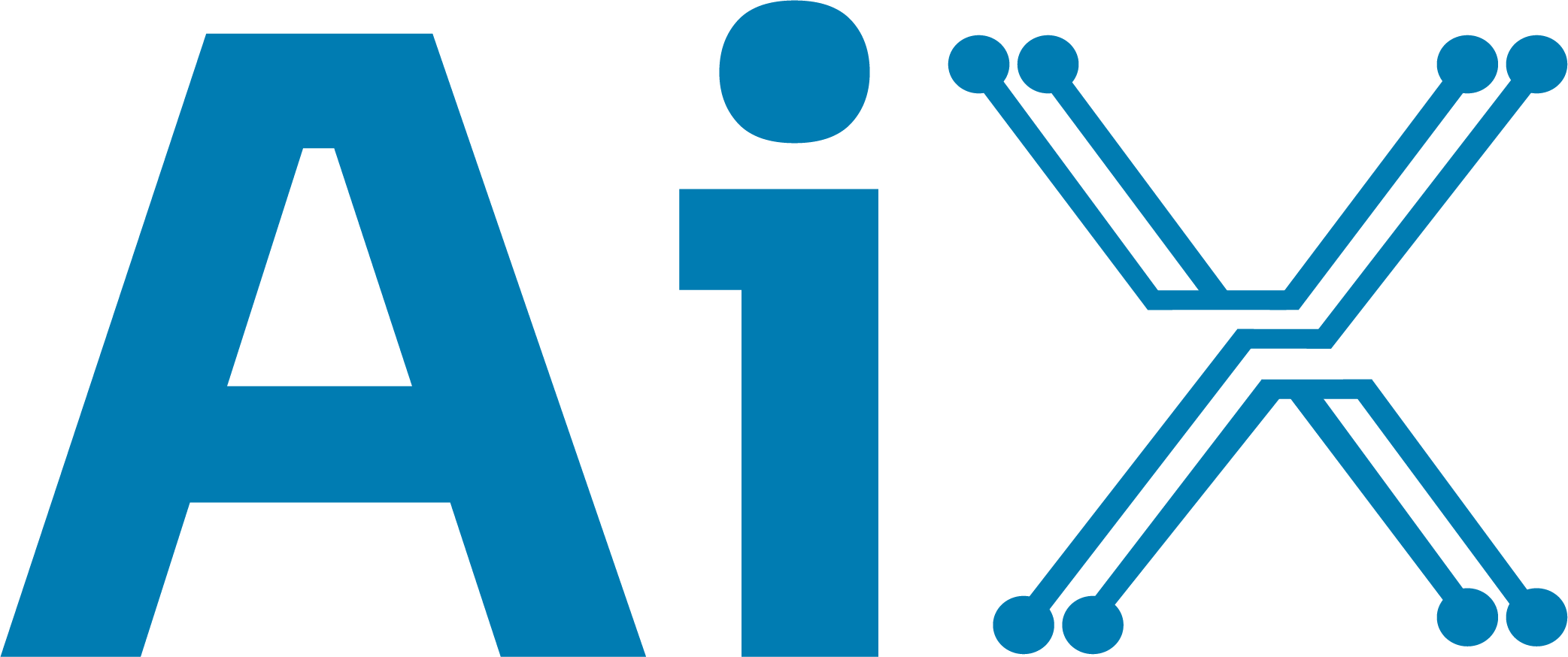
The network is spread across all continents, and driven by leading figures in AI from major excellent research centers, bringing the best scientists distributed all over the UNESCO Regions. They will bring on board the necessary level of expertise and variety of disciplines and profiles to achieve their objectives.
However, it wants to empower those researchers, thinkers, entrepreneurs and specifically projects using AI that otherwise could not reach visibility in global markets, have a meaningful impact or have a voice.
Industrial participation will be ensured through the IRCAI partners network in industry and across incubators and accelerators, and also in bringing expertise to identify important technological limitations hampering deployment in industrial context. Such industrial involvement will thus help defining the research priorities of the network and will raise new research questions.
Each partner will have to demonstrate access to resources and infrastructure to support R&D, such as data, HPC (central, GPUs, edge computing), storage, robotics equipment, IoT infrastructure, support staff and engineers to develop experiments, etc. All available data sources, including United Nations data where relevant, should be made use of.
The Steering Committee aims to enhance engagement and experience where members can exchange ideas, experience different cultures, and create opportunities for team bonding through participation in activities thereby promoting a sense of belonging, helping to reach out to more organisations through activities advancing the mission of the network.
- Adriana Eufrosina Bora, Queensland University of Technology
- Maria Fasli, University of Essex
- Nuria Oliver, ELLIS Unit Alicante Foundation
- Michele Seba, INRIA
- John Shawe Taylor, IRCAI
- Davor Orlic, Knowledge 4 All Foundation
- Emmanuel Letouzé, Data-Pop Alliance
- Ulrich Paquet, AIMS
- Colin de La Higuera, University of Nantes
- Vukosi Marivate, University of Pretoria
- Diego Oyarzun, Univeristy of Edinburgh
- Alexandre Barbosa, CETIC
